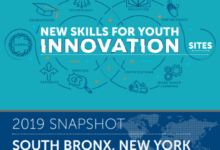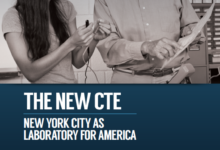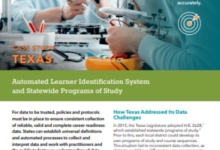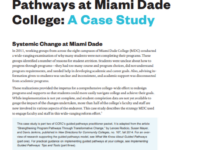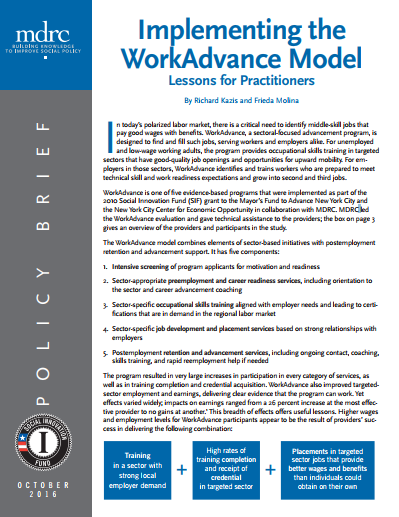WorkAdvance, an evidence-based program implemented in collaboration with MDRC under the Social Innovation Fund grant in New York City, is a program model designed to provide unemployed workers with occupational skills training for high-demand, middle-skill jobs. The program utilizes sector-based career readiness services, occupational skills training, job development and placement services, and postemployment retention and advancement services.
This policy brief from MDRC summarizes an evaluation of the program, which found increases in program participation, credential attainment and, in some cases, higher earnings. More information about the evaluation can be found on MDRC’s website.
Further, the brief explores critical program design questions, such as how to identify industry sectors to target, how to align training with employer need, how to effectively screen participants, and how to strengthen new hire retention and advancement. This resource breaks down the critical components of the WorkAdvance program and highlights lessons and replicable strategies for policymakers and practitioners.

